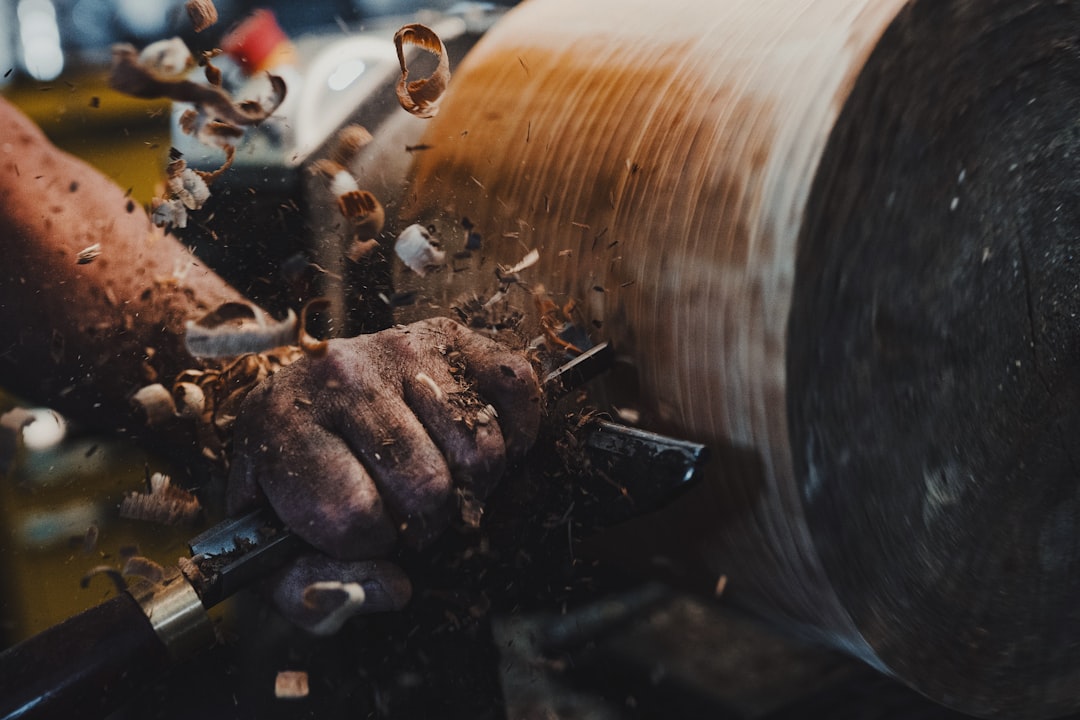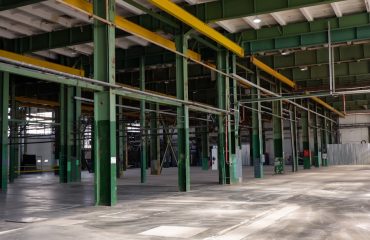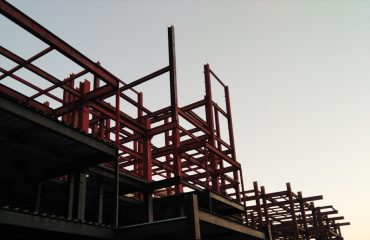body {
font-family: sans-serif;
line-height: 1.6;
margin: 20px;
}
h1, h2, h3 {
color: #333;
}
h1 {
font-size: 2.5em;
}
h2 {
font-size: 2em;
}
h3 {
font-size: 1.5em;
}
In the world of industrial and residential plumbing, threaded pipes stand as a testament to robust engineering and reliable performance. Often overlooked in favor of newer technologies, threaded pipes continue to be a cornerstone of many piping systems due to their inherent strength, ease of installation, and versatility. This comprehensive guide delves into the key features and advantages that make threaded pipes a preferred choice for numerous applications.
Understanding the Mechanics of Threaded Pipe Connections
The fundamental advantage of threaded pipes lies in their connection method. Unlike other pipe joining techniques, threaded pipes utilize external threads cut into the pipe’s end. These threads engage with matching internal threads on fittings, creating a secure and leak-resistant seal. The process involves screwing the pipe into the fitting, compressing the threads and creating a mechanical bond. This mechanical bond is further enhanced by the use of pipe sealant or thread tape, which fills any microscopic gaps between the threads, ensuring a completely airtight and watertight connection. The precision of the threads is crucial; standard thread types like NPT (National Pipe Taper) ensure compatibility and consistent performance across different manufacturers.
Superior Strength and Durability: A Legacy of Reliability
Threaded pipes are renowned for their exceptional strength and durability. The inherent strength of the pipe material, often steel, cast iron, or galvanized steel, combined with the secure mechanical connection of the threads, contributes to a system capable of withstanding high pressures and significant stress. This makes them ideal for applications requiring robust performance, such as high-pressure water lines, gas distribution systems, and industrial process piping. Unlike some other joining methods that can weaken the pipe at the connection point, threaded connections maintain the structural integrity of the pipe, ensuring long-term reliability and minimizing the risk of leaks or failures.
Versatile Applications Across Diverse Industries
The versatility of threaded pipes is a key factor contributing to their widespread adoption. They are used in a vast array of applications across various industries, including:
- Residential Plumbing: Water supply lines, drainage systems, and gas lines in homes and buildings.
- Industrial Piping: Process piping for chemicals, oil, and gas, handling high pressures and temperatures.
- HVAC Systems: Refrigerant lines and water distribution systems in heating, ventilation, and air conditioning applications.
- Irrigation Systems: Distributing water for agricultural and landscaping purposes.
- Fire Protection Systems: Reliable and durable connections are crucial for fire sprinkler systems.
Their adaptability to different materials and pressures makes them an essential component in diverse engineering projects.
Ease of Installation and Maintenance: Cost-Effective Solutions
Compared to other pipe joining methods such as welding or soldering, threaded pipe connections are relatively easy to install and maintain. The simple screwing action requires minimal specialized tools and expertise, reducing installation time and labor costs. Furthermore, threaded connections can be easily disassembled and reassembled, facilitating maintenance and repairs. This ease of access simplifies troubleshooting and allows for quick replacement of damaged sections without requiring extensive system shutdowns. This ease of maintenance translates to long-term cost savings and reduced downtime.
Leak-Proof Connections: Ensuring System Integrity
The inherent design of threaded pipe connections promotes leak-free systems. The tight mechanical engagement of the threads, coupled with the use of appropriate sealant, creates a robust seal that effectively prevents leaks. This is particularly crucial in applications where leakage could lead to significant damage, environmental hazards, or safety risks. The dependability of threaded connections in preventing leaks contributes to the overall safety and efficiency of the piping system, minimizing the risk of costly repairs and potential environmental damage.
In conclusion, threaded pipes offer a compelling combination of strength, durability, versatility, ease of installation, and leak-proof connections. These features make them an enduring and valuable component in various piping systems across diverse industries. Their reliability and cost-effectiveness continue to solidify their position as a preferred choice for numerous applications requiring robust and dependable performance.
SEO-Friendly Tags:
- Threaded pipes
- Pipe fittings
- Plumbing systems
- Industrial piping
- NPT threads




